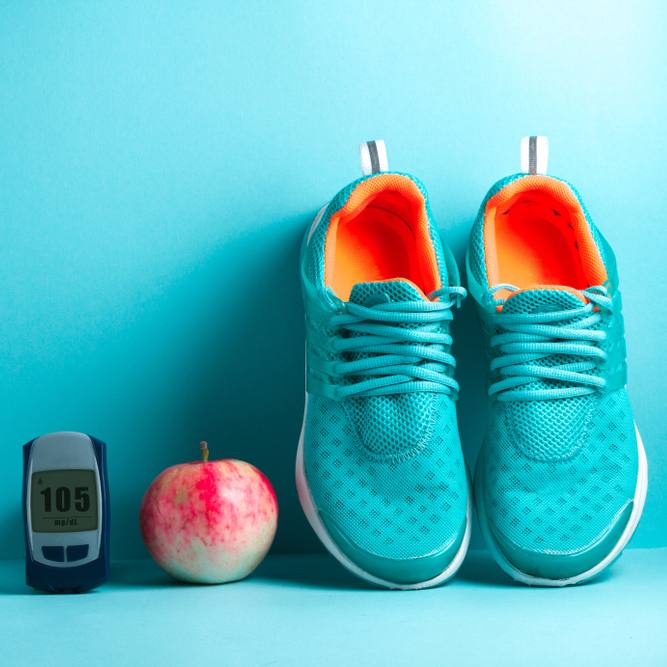-
College depression: What parents need to know

The emotional transition to college can be challenging for young adults. More college students are struggling with depression than in the past. Learn how to spot if your child is having trouble dealing with this new stage of life — and how you can help.
What is college depression?
College depression isn't a specific diagnosis. It's depression that happens during college.
Depression is a mood disorder that causes a persistent feeling of sadness and loss of interest for at least two weeks or longer. It's not just a bout of the blues or a sign of weakness, and you can't just simply "snap out" of depression.
Why are college students vulnerable to depression?
College students face challenges, pressures and anxieties that can cause them to feel overwhelmed. They might feel homesick. Often for the first time in their lives, they are living on their own without any limits on their sleep schedules, the foods they choose to eat and how much time they spend on activities such as video games or social media.
They're adapting to new schedules and workloads, adjusting to life with roommates, and figuring out how to belong. Money and intimate relationships also can serve as major sources of stress. Dealing with these changes during the transition from adolescence to adulthood can trigger or unmask depression during college in some young adults.
How can I recognize college depression?
Many college students occasionally feel sad or anxious. These emotions usually pass within a few days. But depression affects how a person feels, thinks and behaves and can lead to a variety of emotional and physical problems.
Signs and symptoms that a student might be experiencing depression during college include:
- Feelings of sadness, tearfulness, emptiness or hopelessness
- Irritability, frustration and even angry outbursts, out of proportion to the situation
- Loss of interest or pleasure in most or all normal activities, such as hobbies or sports
- Sleep disturbances, including insomnia or sleeping too much
- Tiredness and lack of energy, so even small tasks take extra effort
- Changes in appetite — often reduced appetite and weight loss, but increased cravings for food and weight gain in some people
- Negative changes in academic performance
- Unexplained physical problems, such as back pain or headaches
- Anxiety, agitation or restlessness
- Feelings of worthlessness or guilt, fixating on past failures, or blaming yourself for things that aren't your responsibility
- Trouble thinking, concentrating, making decisions and remembering things
- Frequent or recurrent thoughts of death, suicidal thoughts, suicide attempts, or suicide
If you think your child is suicidal, encourage him or her to call the Suicide & Crisis Lifeline by dialing 988 from any phone. The hotline operates 24 hours a day, every day. Loved ones can call to learn how to help.
What can I do if I think my child is experiencing college depression?
Signs and symptoms of depression might be harder to notice if your child isn't living at home. College students also might have difficulty seeking help for depression out of embarrassment or fear of not fitting in. Many college students don't get treatment for depression.
If you think your child might be dealing with depression, talk to him or her about what's going on and listen. Encourage your child to share his or her feelings with you or someone else trusted. Ask your child to make an appointment with a doctor as soon as possible.
Some colleges offer mental health services, though they may be limited. Colleges may not offer long-term help, but may be able to provide information on local doctors and therapists who can help.
Connected and time-crunched kids may feel more comfortable with telemedicine, text therapy or apps. There are a variety of apps and online interventions that may help treat your child's depression. It's always a good idea to talk with a doctor about these options first.
Depression might get worse if it isn't treated. Untreated depression can lead to other mental and physical health issues or problems in school and other areas of life.
Feelings of depression can get in the way of your child's academic success. They can also increase the likelihood of high-risk behaviors, such as binge drinking, other substance abuse, and having unsafe sex, and increase the risk of suicide.
How can I help my child cope with depression during college?
In addition to seeking treatment, your child can take steps to feel better. For example, encourage him or her to:
- Take it one step at a time. Encourage your child to avoid doing too many things at once. Instead, break up large tasks into small ones. Suggest that your child try different time management methods.
- Care for himself or herself. Urge your child to get daily exercise, eat well, spend time in nature, get enough sleep, and avoid alcohol and drugs. Using alcohol and drugs is a poor way to cope with stress, and may contribute to the development of depression. Using stimulants to stay up and study also can lead to mood changes.
- Seek support. Encourage your child to spend time with supportive family members and friends or seek out student support groups.
- Have fun. Encourage your child to try to have fun. He or she might be surprised to find enjoyment. College clubs and activities can be a great place to make friends and try something new.
How can I help prevent college depression?
There's no surefire way to prevent depression during college. However, helping your child become accustomed to his or her college campus before the start of the school year might prevent your child from feeling overwhelmed by the transition. Encourage your child to visit the campus and talk to students, peer counselors or faculty about what to expect and where to turn for support.
Emphasize the importance of a good night's sleep. Too little sleep can contribute to depression. Suggest that your child limit social media use, especially at night when it may interfere with sleep.
What if my child has already been depressed?
If your college-bound child has already had depression or has risk factors for depression, make sure he or she takes the disorder into consideration when applying to colleges. Talk about whether choosing a college close to home or a small college might make the transition easier. In addition, help your child become familiar with campus counseling resources.
Consider finding a health care provider or therapist closer to campus to provide therapy or monitor medication. Once at college, keeping a short, daily record of key symptoms might help your child recognize if his or her symptoms are getting worse. Getting treatment at the earliest sign of a problem can relieve symptoms and help students succeed in college.
This article is written by Mayo Clinic Staff. Find more health and medical information on mayoclinic.org.







